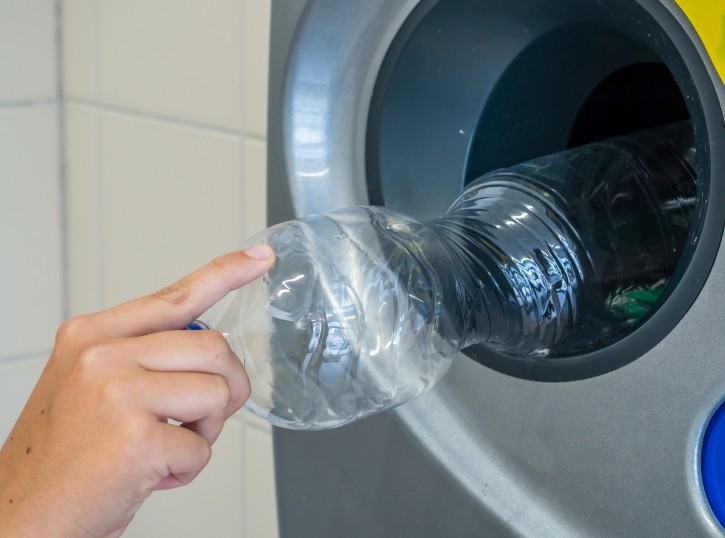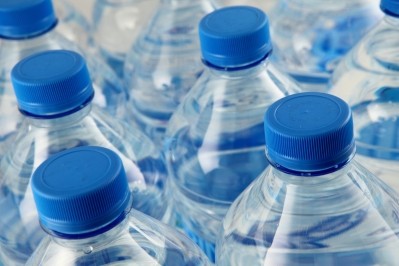News
Labour plans to bring forward Deposit Return Scheme

In April, the previous Government announced plans for the introduction of a DRS from October 2027, pushing back the previously agreed date of October 2025.
In a letter penned by Liberal Democrat MP for St Albans Daisy Cooper, the secretary of state for environment, food and rural affairs was asked whether he planned to introduce a deposit return scheme for drinks containers before October 2027.
Defra said it was planning to launch a DRS before the date posed by Cooper and went on to reinforce its commitment to a zero-waste economy.
Responding to the letter, labour MP and parliamentary under-secretary of state for nature Mary Creagh said: “Yes. This Government is committed to creating a roadmap to a zero-waste economy – a future where we keep our resources in use for longer; waste is reduced; we accelerate the path to net zero, we see investment in critical infrastructure and green jobs; our economy prospers; and nature thrives.
Updates coming soon
“We are reviewing the suite of packaging reforms and are going to work with our devolved government counterparts, industry and other stakeholders to determine the next steps for the Deposit Return Scheme. I would be happy to update the House in due course.”
Members of the food and drink industry responded positively to Labour’s commitment to bringing the DRS forward.
Jane Martin, chief executive of environment charity City to Sea: “A deposit return scheme for drink containers is a proven next step to help create Labour’s promised circular economy. Abroad, countries such as Germany have enjoyed successful return rates of over 90 percent.
“The fast implementation of a DRS is a big call from a government whose manifesto was strangely lacking in environmental commitments, and it has far-reaching effects. But to work properly it must encompass all drinks containers, whether made from plastic, aluminium or glass and it should be seen as the first step toward truly reusable packaging.
"We are pleased to see Labour getting off on the right foot with a plan for a fast and comprehensive rollout ahead of the planned 2027 schedule but as ever the devil is in the detail.”
Response from the FDF
A spokesman for the Food and Drink Federation said: “It’s good to see the Government committing to putting a Deposit Return Scheme in place as part of plans for a circular economy. This means that drinks containers will be able to be recycled and used again more efficiently and easily, which is good news for the environment, companies and consumers.
“It’s critical that the UK’s governments now work closely together to ensure the scheme is easy to use and understand, operating under the same rules and with the same labels across the four nations. A consistent, UK-wide approach is the best way to ensure value for money and to drive up the UK’s disappointing recycling rates.”
The drinks manufacturer has long been a supporter of the implementation of a DRS in the UK. Commercial sustainability director Tom Fiennes saw the DRS as the best way to get a steady stream of quality material that can be quickly and easily recycled into new packaging.
A spokesman for the manufacturer added: "Britvic has long supported a well-designed, industry-led, not for profit deposit return scheme. We believe a well-designed DRS can increase recycling levels, and increase the quality and quantity of material collected for recycling and re-use as new packaging."















